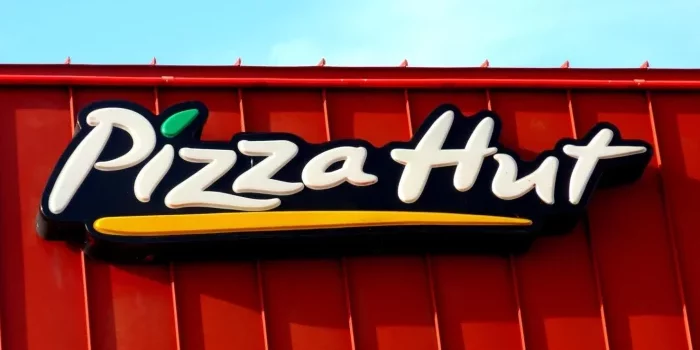(Two of California’s leading Pizza Hut franchises are firing all of their delivery drivers—over 1,200 Californians—ahead of the state’s minimum wage increase to $20 per hour for fast food employees in April of 2024.
Under AB 1228, passed earlier in 2023, the fast food minimum wage will rise to $20 per hour in 2024, establish mandatory increases of this wage by the lesser of 3.5% or inflation each year, and creating a Fast Food Council to establish working conditions and make decisions on “conditions” regarding employees’ health, safety and security, and their right to take time off.
The National Owners Association claims the wage increase will cost typical restaurants $250,000 per year, but the restaurant industry nonetheless backed the bill to mitigate an earlier bill that raised the fast food minimum wage to $22 per hour and created a Fast Food Council with far greater powers than AB 1228’s.
As the fast food industry moved to qualify a popular ballot measure to repeal this other bill and its higher minimum fast food wage, unions decided to reach a compromise by coming together with the fast food industry to pass AB 1228.
“It’s not a perfect outcome but it was significantly better than the alternative for the industry and menu prices had wages across the sector increased to $22 per hour,” said Peter Fenelio, Director of Industry Engagement for the California Restaurant Association in an interview with the Center Square.
Notably, franchisees, such as the two Pizza Hut operators firing its over 1,200 delivery drivers, were not included in these discussions.
Small business experts say AB 1228 is spurring automation and driving inflation that erodes the purchasing power of higher wages while forcing businesses to cut back on hiring even amid worker shortages that leave 80% of restaurant operators saying they have hard time filling open positions, and 62% unable to hire enough staff to meet basic customer demand.
“My prediction is these businesses will not shut down but will be operated more by automation, and [operators] will scale back their number of stores,” said John Kabateck, state director of the National Federation of Independent Business.
“Many stores, especially in disadvantaged areas, may find it difficult to survive, so they’ll throw up their hands and focus on other stores they operate,” he added. “You’re putting this into the arbitrary hands of an unelected board, and you’re going to create an upward spiral of out of control inflation.”
AB 1228 only applies to “national fast food chains” with more than 60 establishments nationally, excluding bakeries and restaurants inside of grocery stores, and is part of broader California trend of setting different minimum wages for different industries, such as the $25 per hour healthcare minimum wage that will cost the state $4 billion in its first year. California’s general minimum wage increases to $16 per hour on Jan. 1.

